Karen Hurd, Wisconsin State Representative for 69th District | www.facebook.com
Karen Hurd, Wisconsin State Representative for 69th District | www.facebook.com
According to the Wisconsin State Legislature's official website, the bill was described as follows: "making certain child care expenditures eligible for the business development tax credit. (FE)".
The following is our breakdown, based on the actual bill text, and may include interpretation to clarify its provisions.
In essence, this bill modifies existing tax credit regulations to incentivize businesses and certain nonprofits to provide child care services for employees. Previously, businesses could receive a refundable tax credit of up to 15% for capital expenditures used to establish employee child care programs. The bill expands this scope by allowing credits for a broader range of child care costs, including operating expenses, reimbursing employees for child care expenses, purchasing or reserving child care slots for employees, and contributions to employee dependent care flexible spending accounts. Furthermore, the Wisconsin Economic Development Corporation will be authorized to certify nonprofit entities under section 501(c)(3) of the Internal Revenue Code for eligibility for the business development tax credit concerning expenditures on child care services. The expanded credit applies to tax years beginning after Dec. 31, 2024.
The bill was co-authored by Senator Howard L. Marklein (Republican-17th District), Representative Elijah R. Behnke (Republican-6th District), Representative Barbara Dittrich (Republican-99th District), Representative Bob G. Donovan (Republican-61st District), and Representative Chanz J. Green (Republican-74th District). It was co-sponsored by Senator Rachael Cabral-Guevara (Republican-19th District), Senator Dan Feyen (Republican-20th District), and Senator Jesse L. James (Republican-23rd District), along with 13 other co-sponsors.
Karen R. Hurd has co-authored or authored another six bills since the beginning of the 2025 session, with none of them being enacted.
Hurd graduated from the University of Wisconsin-Eau Claire in 2012 with a BA and again in 1980 from Truman State University with a BA.
Hurd, a Republican, was elected to the Wisconsin State Assembly in 2025 to represent the state's 69th Assembly district, replacing previous state representative Donna Rozar.
In Wisconsin, the legislative process starts when a senator, constituent, group, or agency proposes an idea for a bill. After drafting, the bill is introduced, numbered, and referred to a committee for review and public input. If approved, it moves through three readings and votes in both the Senate and Assembly. Once both chambers pass the same version, the bill goes to the governor, who can sign it, veto it, or let it become law without a signature. Only a small share of bills introduced each session ultimately become law. You can learn more about the Wisconsin legislative process here.
| Bill Number | Date Introduced | Short Description |
|---|---|---|
| AB283 | 05/30/2025 | Making certain child care expenditures eligible for the business development tax credit. (FE) |
| AB7 | 02/06/2025 | Requiring local approval for certain wind and solar projects before Public Service Commission approval |
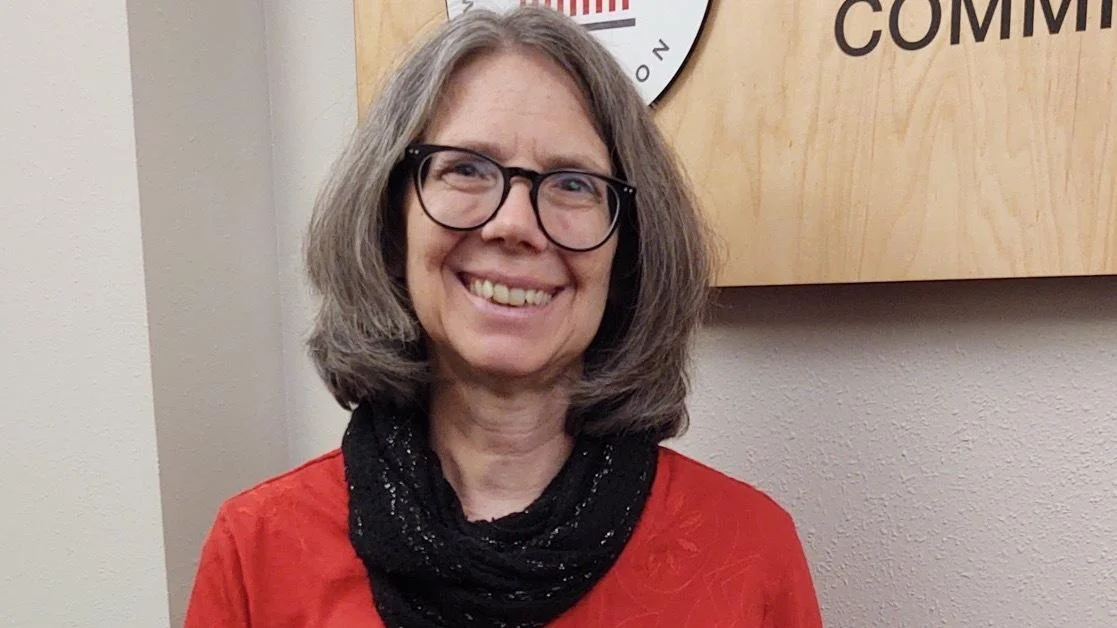
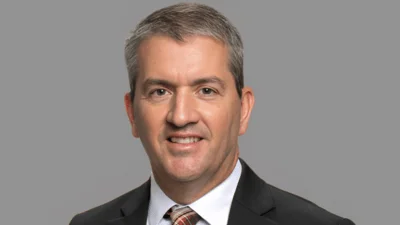
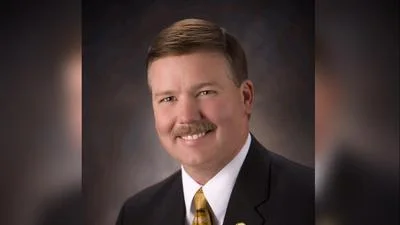
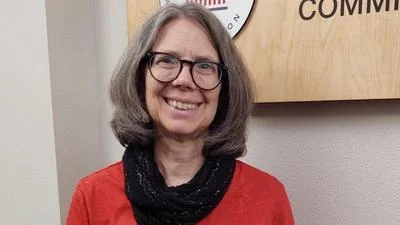
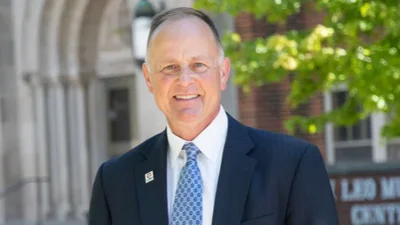
 Alerts Sign-up
Alerts Sign-up